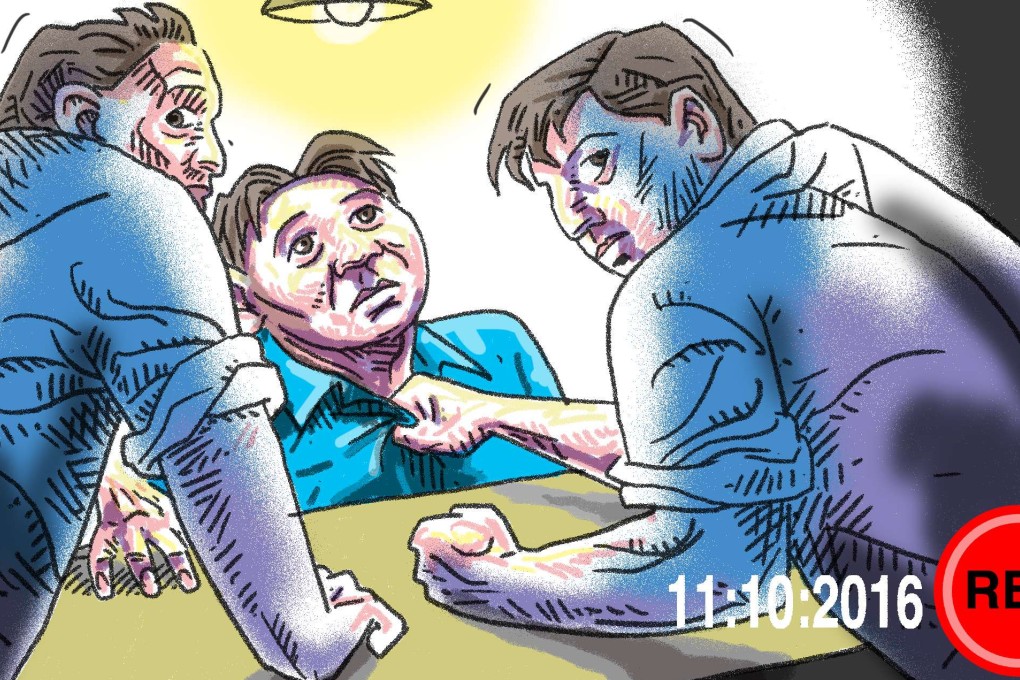For China’s legal reforms to work, dispensers of rough justice must be brought to book
Grenville Cross lauds efforts to ensure justice for suspects tortured into false confessions, but says real change requires both funding for better practices and stern action against those behind such maltreatment


In February, however, after the Supreme People’s Court directed the Zhejiang Higher People’s Court to review the case, Chen’s convictions were quashed. The chief judge found a number of failings in the original trial, noting that Chen’s “role in the murder is not clear”. In particular, inconsistencies in the confession, including switches from admissions to denials and back, raised concerns, as did a divergence between his description of events and the version provided by the forensic evidence and other witnesses.
With legal reforms, China wants less interfering in cases, fewer death penalty crimes
Chen, now aged 53, told the Zhejiang court how he had been tortured into admitting guilt. Apart from physical abuse, he was denied food and sleep, and this, together with cold weather exposure, caused him to make “a complete confession”. He has now been advised of his right to seek state compensation while his parents, in an online letter, have called for those responsible to be held accountable, for otherwise they “may harm others again”.
Since China’s revised Criminal Procedure Law was enacted in 2013, coerced confessions, even if true, are no longer admissible against a suspect. Evidence obtained by illegal means must be excluded at trial, a principle that is gaining traction.
The Supreme People’s Court itself pioneered this development when, in 2010, it adopted its own exclusionary rules, as national benchmarks, to proscribe illegally obtained evidence. The deputy director of the court’s research office, Hu Weixin, has emphasised that the ban on coerced confessions is necessary “to protect one’s human rights”.
Since 2013, the supreme court, in an effort to right historic wrongs, has proactively overturned 23 convictions such as Chen’s, based on improper evidence. Moreover, according to official sources, criminal courts around the country are estimated to have acquitted almost 2,000 suspects, which, until very recently, would have been unthinkable, given that the legal system has traditionally prided itself on only bringing the guilty to trial.